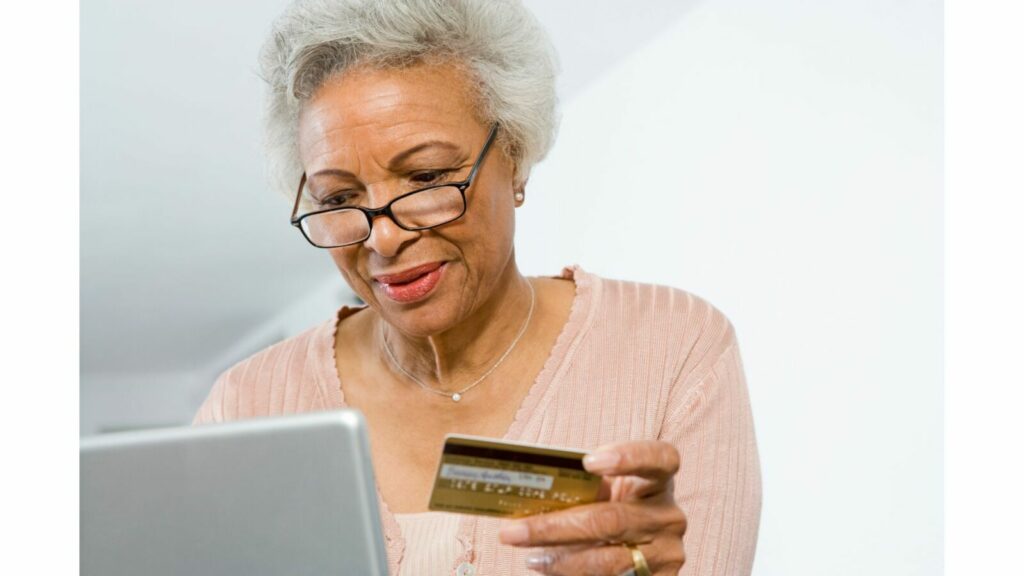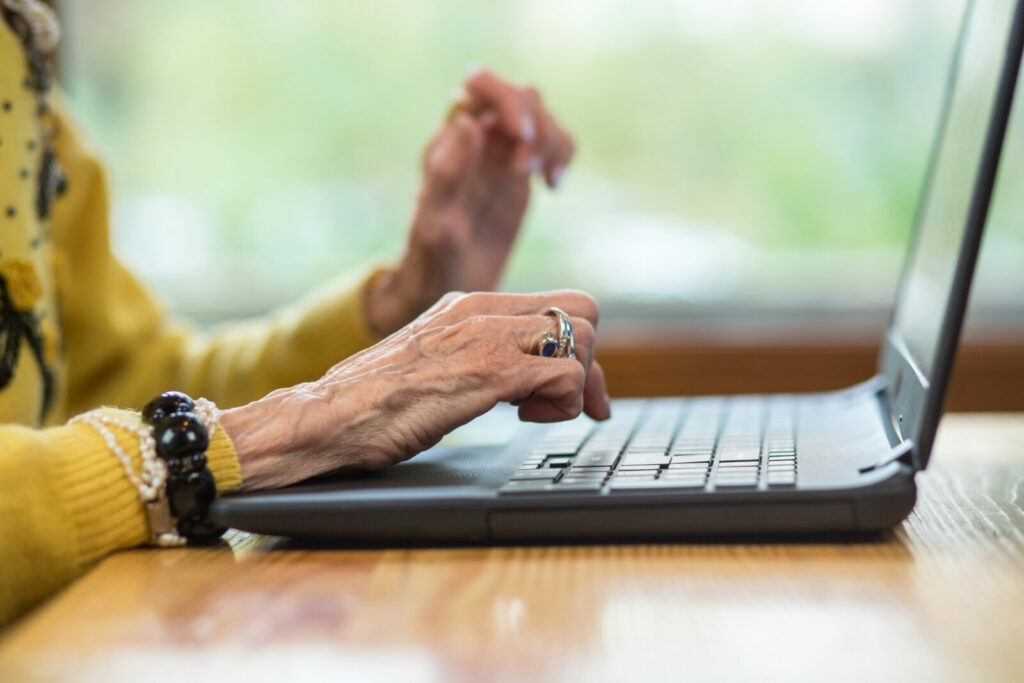With the health crisis, more and more seniors have resorted to online shopping. Even if there is still a digital divide for the over 75s, seniors are more and more digitalized and equipped but the computer is still used for the majority of online purchases.
Baby Boomers who feel more expert than their parents
Baby Boomers have a higher level of education than their elders but they have also experienced many innovations. They position themselves as expert consumers. They will take time to find out information, compare on the internet and/or exchange with their friends and family, but also read consumer opinions online (blogs, social networks, etc.). They will not hesitate to ask questions and express their opinion. They are loyal consumers but not faithful.
Their experience of innovations is long and rich. In the course of their lives, they have experienced the arrival of products that have considerably simplified their daily lives, such as the washing machine, disposable nappies, bagged salads, etc. According to the 2019 Seniosphere Conseil’s Observatoire du Bien Vieillir, 78% of them say they are prepared to pay more for an innovative product.
Online purchases on the rise
Between 2009 and 2021, the proportion of individuals who have made a purchase on the internet in the last twelve months is constantly increasing, whether for the 45-59 year olds (+40 points), the 60-74 year olds (+35 points) or even the 75 year olds and over (+18 points). It is between 2019 and 2021 that we observe the strongest acceleration +10 points for 45-59 year olds, a slight acceleration (+6 points) for 60-74 year olds vs +5 points for 75 year olds and over. This acceleration can be attributed to new practices acquired with the health crisis.
The over-60s prefer home delivery, with 67% of the 60-69 year olds and 71% of the over-70s respectively. Retired people are more at home and have more time.
With the Covid crisis and the closure of some so-called “non-essential” departments and shops, seniors who had not previously used home delivery were forced to shop online and have it delivered to their homes. For some, this new way of shopping has become permanent, for others they have returned to the shop because they need to see, touch or try the products they want to buy.
Nevertheless, fears and obstacles remain
According to ARCEP’s 2021 digital barometer, the main obstacle to using the internet for the over-60s is “personal data that is not sufficiently protected” for 27% of 60-69 year olds and for 20% of those aged 70 and over. For the over-70s, it is “difficulty using the internet” that comes in second place; 15% say that the internet “is too complicated to use”.
For the 60-69 year olds, the main precautions taken by mobile phone users are:
- “not installing an application” (71%),
- “refusing to be geolocated when opening a web page or on an application” (71%) and
- “not making a purchase due to a lack of confidence when paying” (70%).
For those aged 70 and over, 60% “refuse to install an application” and 58% “stop browsing because of the lack of security on a web page”.
As seniors are the target of many scams, it is important to accompany them to reassure them and make them feel secure.
[1] Source : Insee, enquêtes Technologies de l’information et de la communication 2009 à 2021.
[2] Baromètre du numérique de l’ARCEP 2021




